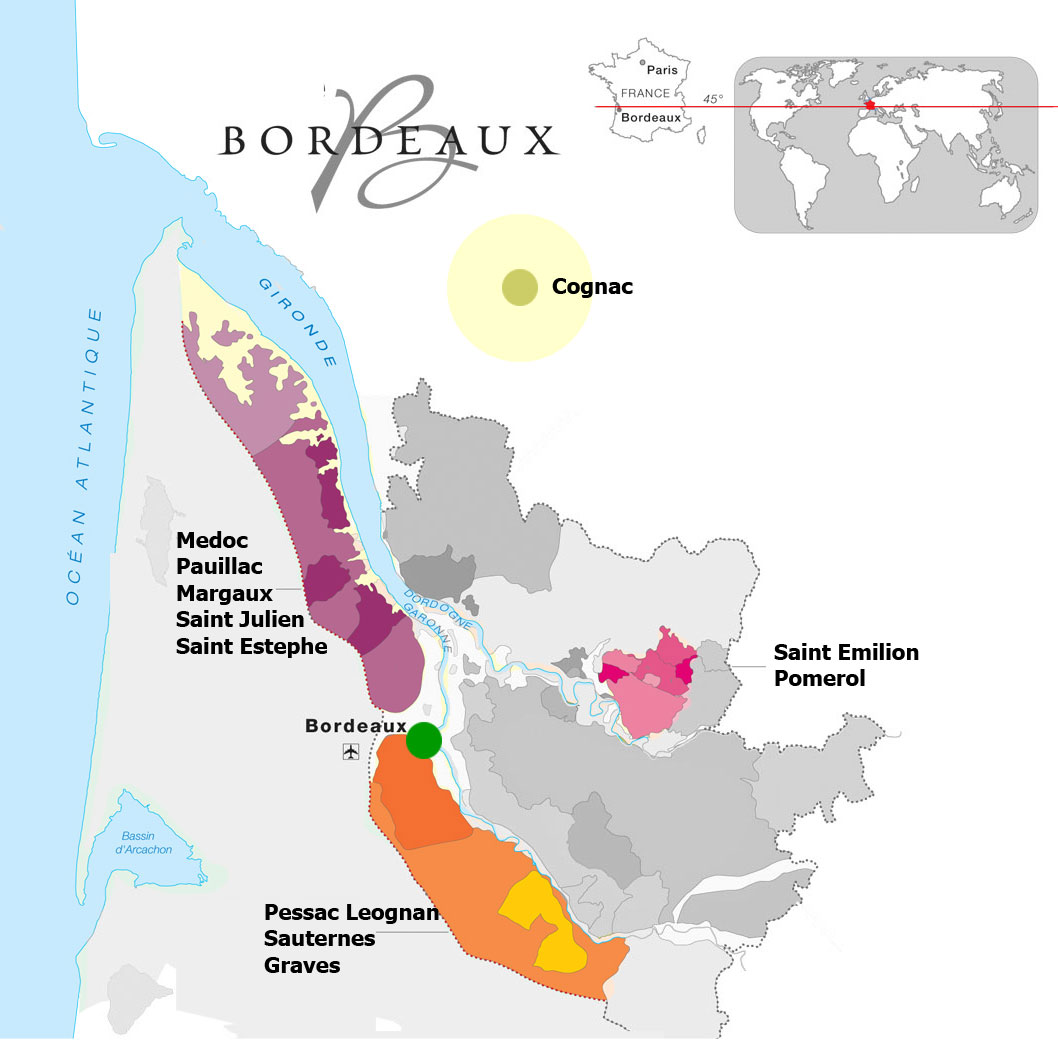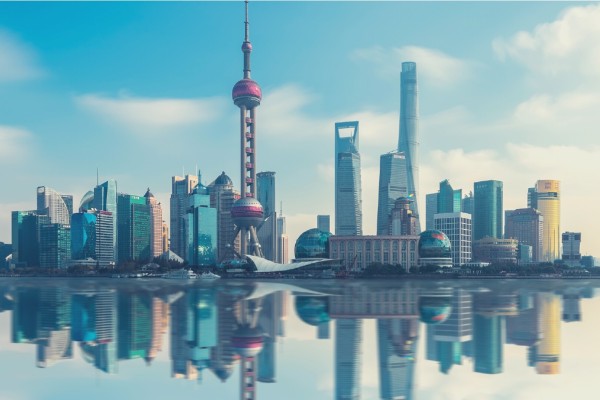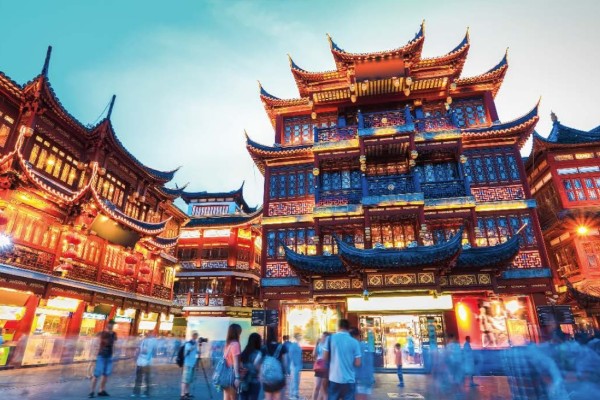Millésime win for Bordeaux wines producers against Chinese counterfeiters
Millésime win for Bordeaux wines producers

On last July, in a landmark decision, the Shandong Penglai Court ruled in favor of the Conseil Interprofessionnel du Vin de Bordeaux (hereinafter referred as “CIVB”) in a criminal case for trademark counterfeiting by sentencing the counterfeiters to two years in jail.
Even if the scope of the fake wine operation and the volume of the counterfeiting seized are still unknown, this successful decision is the latest achievements in Bordeaux’s battle against Chinese wine counterfeiters, which follows years of wider international intellectual property disputes.
The Conseil Interprofessionnel du Vin de Bordeaux (CIVB) is a French interest group representing nearly 7,000 Bordeaux wine producers and growers from 400 wineries. One of the association's main aims is to defend the prestige of Bordeaux wines in France and abroad against wine counterfeiters selling fake editions of some of the region’s most prized chateaux.
The win came shortly after the council's other legal victory in Shanghai last December, where three counterfeiters were convicted and fined for a combined total of more than RMB 1 million (US$145,000), the first criminal conviction on a collective GI.
The case involved a wine dealer selling counterfeit Bordeaux wines worth approximately RMB 5 million which is far beyond the threshold for counterfeiting registered trademarks.
The legal representative and his employee have been sentenced to three years in jail by the Xuhui District Court of Shanghai.
 | On July 14th, 2012, the CIVB registered with the China Trademark Office (CTMO) the geographical indication “BORDEAUX波尔多” (ie, Bordeaux in Latin and Chinese characters) No.10474883 as collective trademark, designating wines in class 33. The recognition of “geographical indication” in China (commonly indicated as “GI”) was granted to the CIVB in 2015 by the AQSIQ.
|
Under Chinese Trademark Law, GIs can be registered as certification or collective marks, and the GIs granted for trademark registration could enjoy protection against infringement and counterfeiting with the efficient system implemented for trademarks.
Collective trademark is defined as “a trademark or service mark owned by a collective (cooperative, association or any other collective group), whose members use the collective mark to identify their goods and services, to indicate their membership to the group and thus distinguish their goods and services from the non-members”. Pursuant to this definition, any authorized use of a collective trademark by a non-member shall be considered as trademark infringement.
The first civil case where the GI collective trademark “BORDEAUX波尔多” was granted judicial protection in China dated on 2014. In this decision, the Court held that the use of “BORDEAUX” on the cap and front label of the wine product to serve as a source identifier falls under the definition of trademark use.
However, the defendant Hunan Margaux Trading Co, Ltd was not a member of the CIVB and the trademarks “玛歌堡” (i.e. Margaux Castle) and “BORDEAUX” printed on the front label are similar with the registered collective trademarks, the sale of the infringing wine was deemed as trademark infringement.
The Changsha Intermediate Court issued a court injunction awarding the CIVB for damages of RMB 150,000.


In this way, it is strongly recommended to proceed with the registration of the GIas trademark as soon as practical. A GI can be a geographic name (e.g.“Roquefort” blue cheese), a symbol or logo (e.g. a picture of the Leaning Tower of Pisa), the outline of a geographic area (e.g. a map of Paris), or anything else that genuinely identifies a product with a source region, exception made to the name or sign referring to a national flag or emblem which are considering as an absolute ground of refusal in China.
Marie Ferey
Foreign Legal Counsel
HFG Law&Intellectual Property


